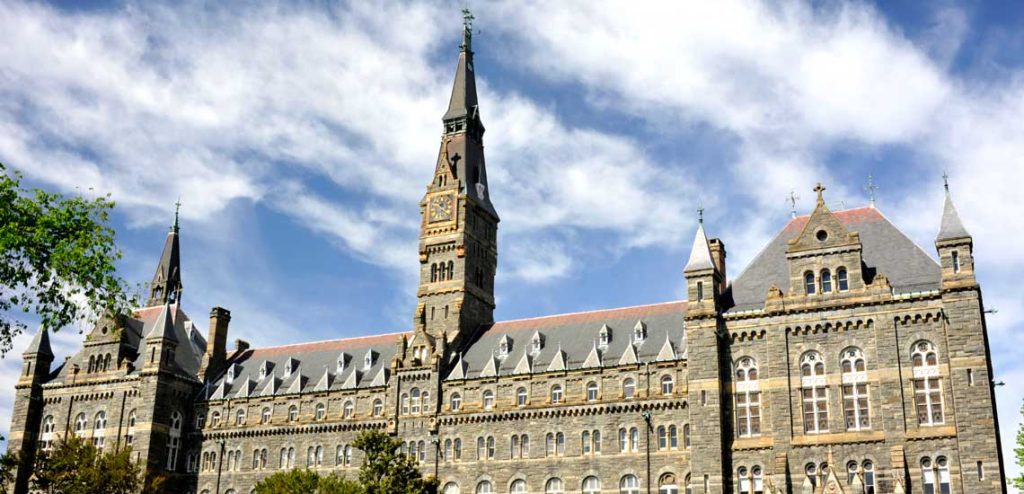

Rosario Ceballo is a psychologist, expert on adolescent development, and dean of Georgetown University’s College of Arts & Sciences. Here is a taste of her piece at Inside Higher Ed:
I began my role as dean of the College of Arts & Sciences at Georgetown University shortly after we emerged from the instructional Zoom world of the pandemic. When I first began informally meeting with students on campus, they told me that one of the hardest things they dealt with was the perceived “stress culture,” which they defined as a constant state of seeing who could be “the most stressed out.”
This cannot be a healthy culture for learning. And students at Georgetown aren’t alone.
America is experiencing an escalating mental-health crisis among college-age youth. Almost three-fourths of students report experiencing moderate or serious psychological distress, according to a recent survey from the American College Health Association.
The alarm bells are sounding. It is imperative that we listen and respond.
It is not a coincidence that this mental health crisis is happening at precisely the same time we are devaluing intellectual exploration and a liberal arts education. In 2020, just 4 percent of college graduates majored in English, foreign languages and literatures, history, or philosophy.
The increasingly public push against a liberal arts education is separating students from their intrinsic motivations for learning and pushing them toward purely extrinsic factors in their choice of major. A wealth of research demonstrates that intrinsic motivation is a catalyst for learning; it is associated with deeper engagement, perseverance and a greater understanding of new material.
A liberal arts education, with its commitment to exposing students to disciplines across the arts, humanities, natural sciences and social sciences, is rooted in the practice of discernment, embracing intellectual exploration and knowledge in a highly personal and meaningful manner. Discernment is the process of seriously pondering and reflecting upon whom you are supposed to be and what you are supposed to do. It is fundamentally about searching for your personal path and purpose in life.
I went to Yale University as an undergraduate with lots of financial aid, work-study jobs and a full dose of impostor syndrome. Back then, my immigrant parents did not understand how I would go to a university for four years and not graduate as “something”—a doctor or a lawyer. At 18, I explained to my parents that this was the American educational system. Today, as the dean of a liberal arts college, I am a firm advocate for this educational system that provides students with the freedom to explore their intellectual interests and career options in law and medicine, and also in the multiplicity of fields and careers that many 18-year-olds may not know exist.
Read the rest here.